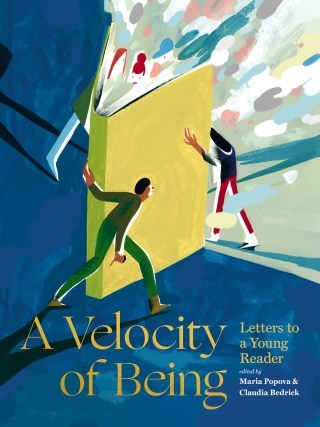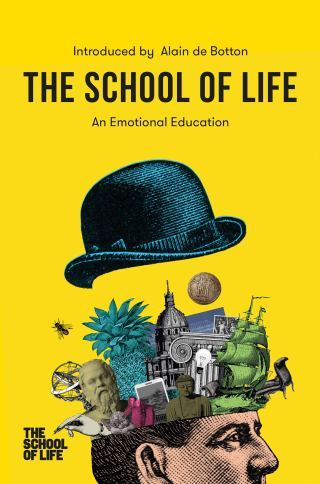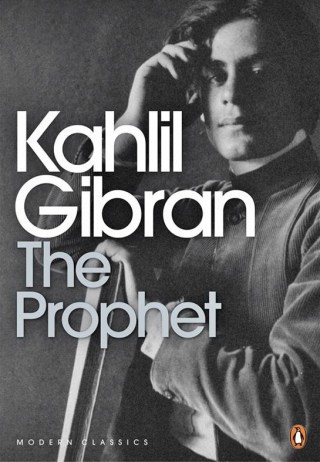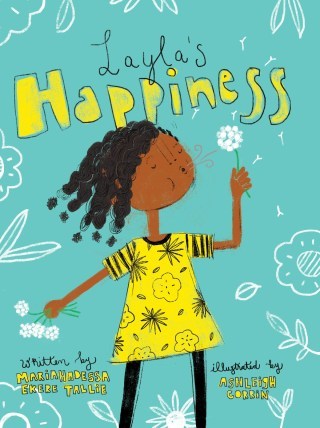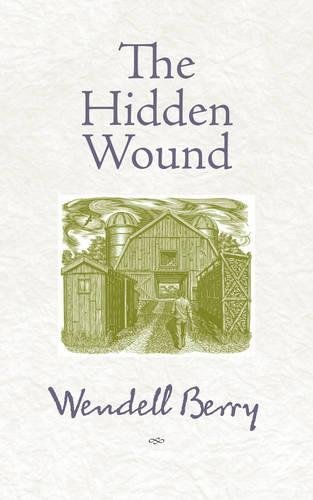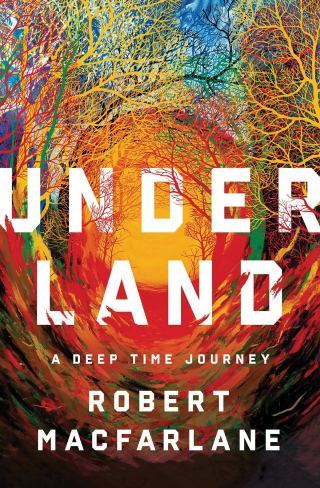Maria Popova's Blog, page 115
November 29, 2019
French Artist Paul Sougy’s Stunning Mid-Century Scientific Illustrations of Plants, Animals, and the Human Body
On a recent visit with a friend and her newborn daughter, I was completely taken with an enormous scientific diagram of a snail hanging by the crib, aglow with the thrill of science and the unmistakable vibrancy of mid-century graphic design. I asked about it — she said it was a vintage French classroom poster she had acquired at the Oakland Flea Market. Determined to find out more about its creator, I had only the tiny inscription in the...
November 28, 2019
Debbie Millman’s Touching Letter to Children About How Books Solace Our Heartbreak and Salve Our Existential Loneliness
In her visionary 1826 novel The Last Man — an apocalyptic journey to the end of humanity, unfolding into a sublime philosophical meditation on how to live with unutterable existential loneliness — Mary Shelley, whose brilliant mother had died giving birth to her and who had buried three of her own children, her...
November 25, 2019
Alain de Botton on Existential Maturity and What Emotional Intelligence Really Means
“Maturity is the ability to live fully and equally in multiple contexts,” poet and philosopher David Whyte wrote in one of his most beautiful meditations. A generation before him, Anaïs Nin took up the subject in her diary, which is itself a work of...
The Mushroom Hunters: Neil Gaiman’s Subversive Feminist Celebration of Science and the Human Hunger for Truth, in a Gorgeous Animated Short Film
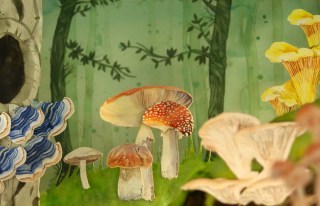
Every year at The Universe in Verse — the charitable celebration of science through poetry I host each spring — we have the immense honor of an original poem composed for the occasion by one of the most beloved storytellers of our time: Neil Gaiman. For the inaugural show in 2017, dedicated to trailblazing astronomer Maria Mitchell and celebrating women’s underheralded...
November 21, 2019
Kahlil Gibran on Silence, Solitude, and the Courage to Know Yourself
Something strange and wondrous begins to happen when one spends stretches of time in solitude, in the company of trees, far from the bustle of the human world with its echo chamber of judgments and opinions — a kind of rerooting in one’s deepest self-knowledge, a relearning of how to simply be oneself, one’s most authentic self. Wendell...
November 20, 2019
Delight as a Daily Practice: A Poetic Illustrated Meditation on the Meaning of Happiness and Its Quiet Everyday Sources
“What is your idea of perfect happiness?” asks the famous Proust Questionnaire. Posed to David Bowie, he answered simply: “Reading.” Jane Goodall answered: “Sitting by myself in the forest in Gombe National Park watching one of the chimpanzee mothers with her family.” Proust himself answered: “To live in contact with those I love, with the beauties of nature, with a quantity of books and music, and to have, w...
November 19, 2019
Stephen Hawking’s Black Hole Information Paradox: An Animated Explanation of the Greatest Unsolved Challenge to Our Understanding of Reality
“It seems to be difficult for any one to take in the idea that two truths cannot conflict,” the trailblazing astronomer Maria Mitchell wrote in the middle of the nineteenth century as she contemplated the human search for truth. Since her era — a time predating the very notion of a galaxy, when we thought our tiny parochial...
November 17, 2019
Wendell Berry on Delight as a Force of Resistance to Consumerism, the Key to Mirth Under Hardship, and the Measure of a Rich Life
“I have always had a quarrel with this country not only about race but about the standards by which it appears to live,” James Baldwin told Margaret Mead as they sat down together to reimagine democracy for a post-consumerist world. A generation later, the...
November 13, 2019
Relationship Lessons from Trees
“The tree which moves some to tears of joy is in the eyes of others only a green thing which stands in the way,” William Blake wrote in his most beautiful letter. “As a man is, so he sees.” Walt Whitman saw trees as the wisest of teachers; Hermann Hesse as our mightiest consolation for mortality. Wangari Maathai rooted in them a colossal act of...
Love Lessons from a Tree
“The tree which moves some to tears of joy is in the eyes of others only a green thing which stands in the way,” William Blake wrote in his most beautiful letter. “As a man is, so he sees.” Walt Whitman saw trees as the wisest of teachers; Hermann Hesse as our mightiest consolation for mortality. Wangari Maathai rooted in them a colossal act of...

